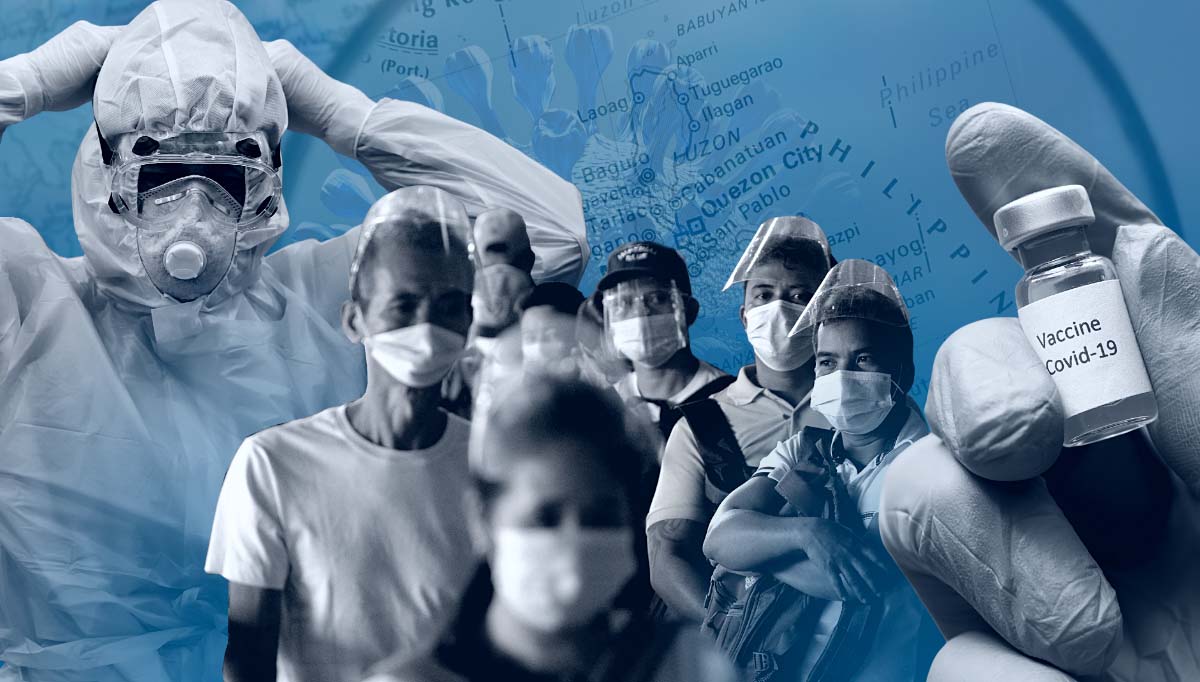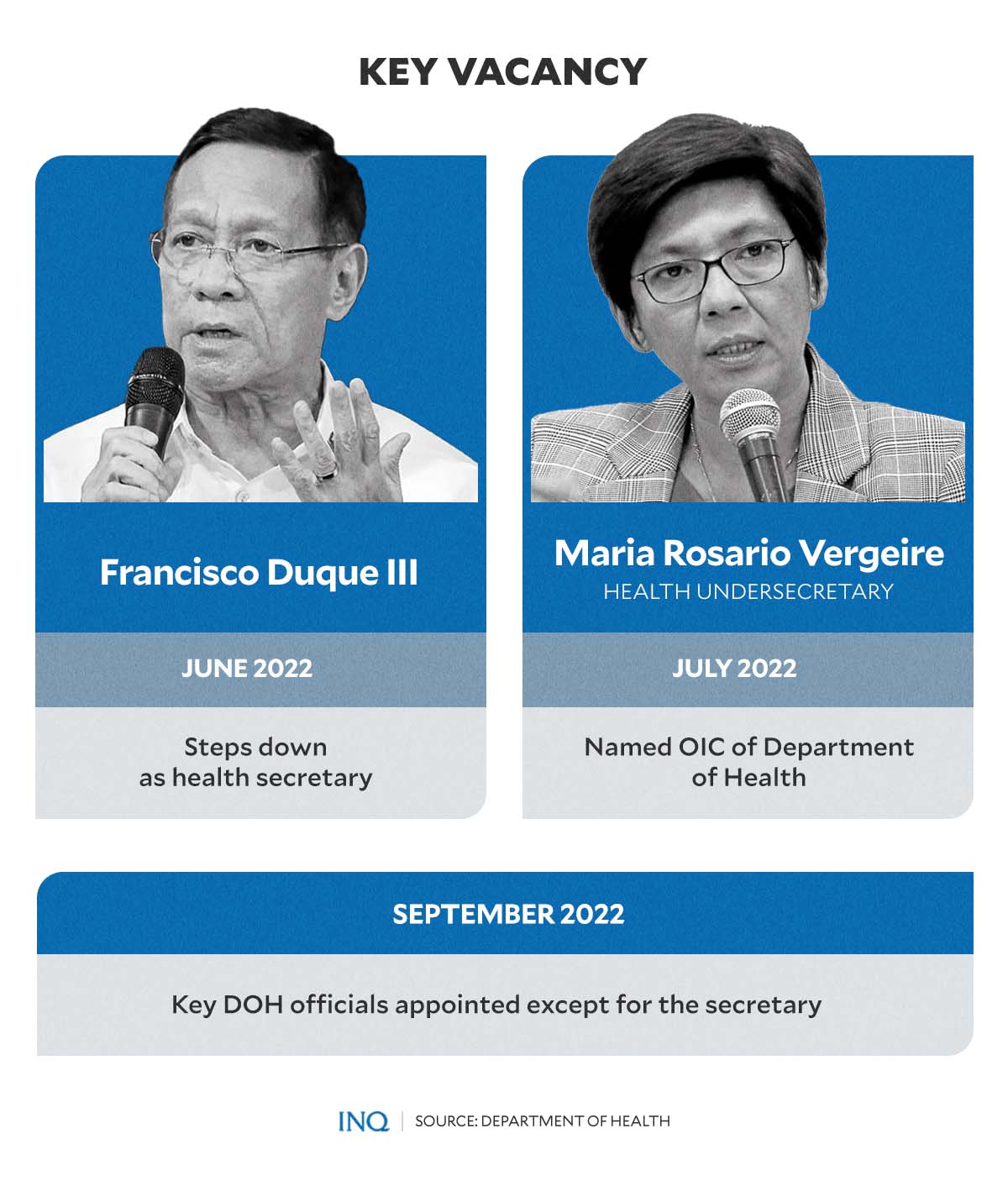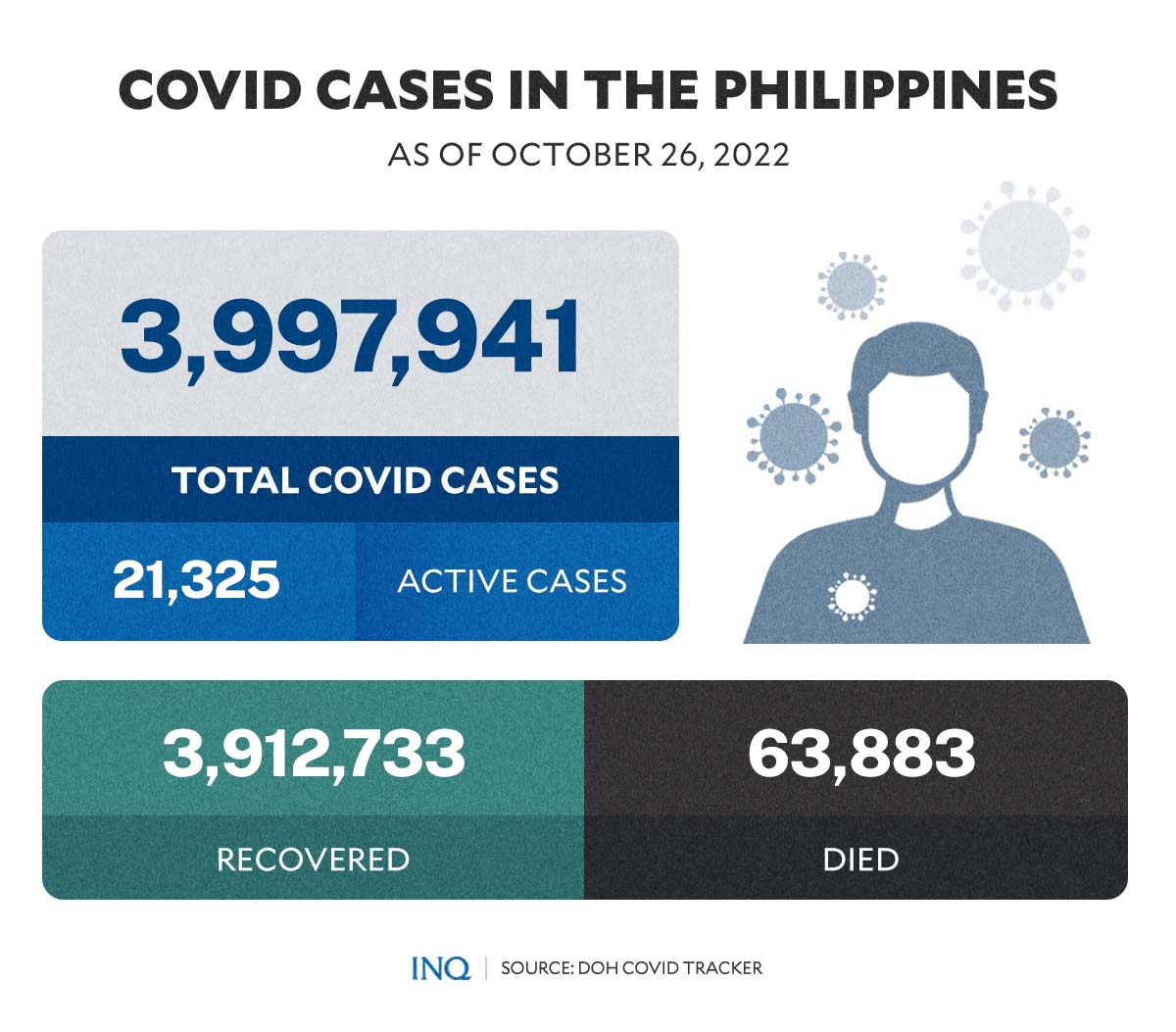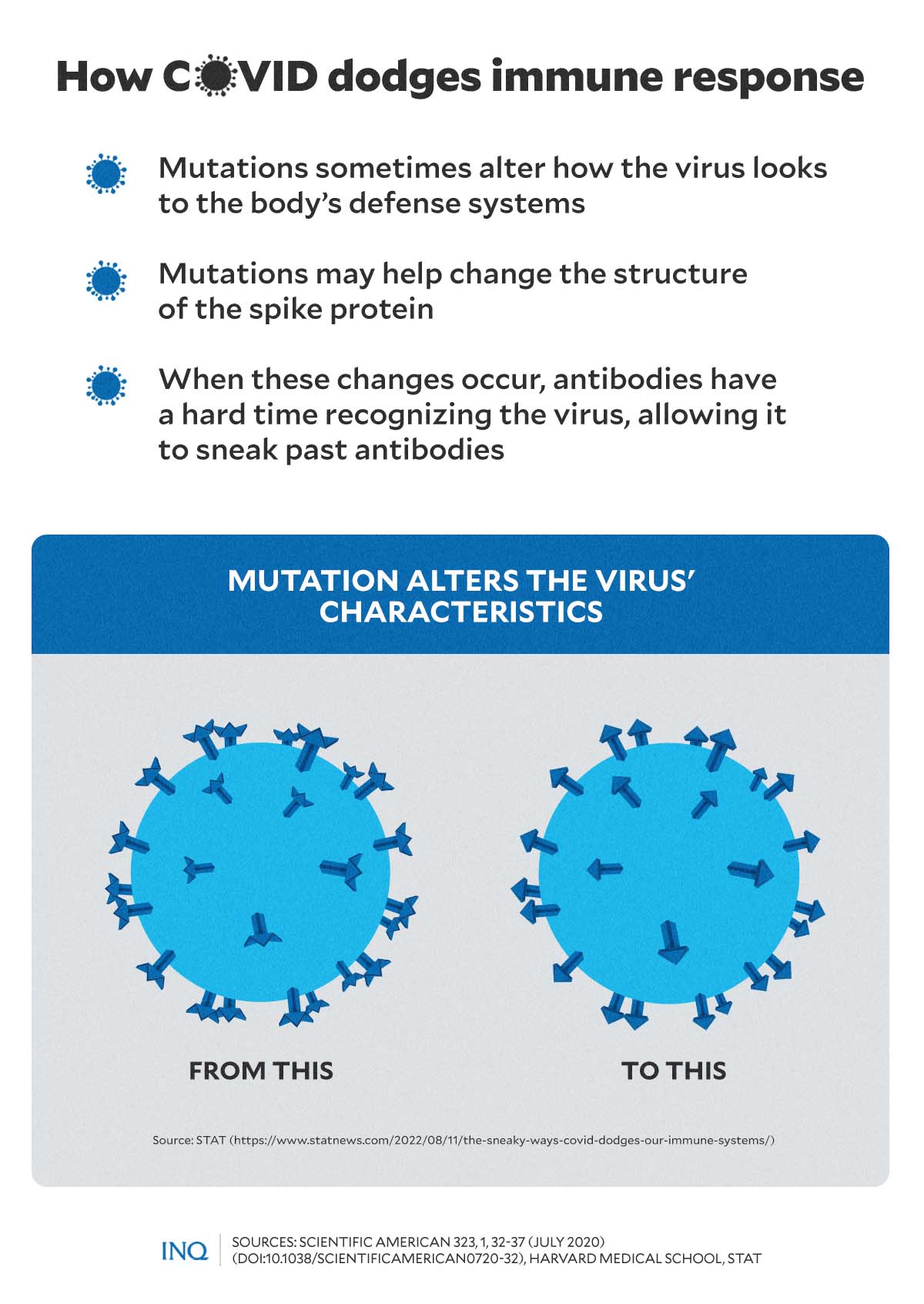Gov’t told: Permanent DOH chief needed now, not later
MANILA, Philippines—As President Ferdinand “Bongbong” Marcos Jr. continues to delay the appointment of the country’s health secretary, health workers and experts are raising reasons that make appointing a new health chief urgent.
Last October 21, Marcos explained that he would appoint a regular head of the Department of Health (DOH) only if the county’s COVID-19 situation normalizes.
He added that he has yet to name a health secretary now because the country would “have to get away from the emergency” first “because we have to open up businesses.”
“We have to make the Philippines more hospitable to travelers, both business and tourists,” said the President.
“[F]or now, I say, we are looking for ways so that we can normalize [the situation] and we don’t have to say that the Philippines is still in a state of calamity,” Marcos said in an interview with reporters on the sidelines of the 48th Philippine Business Conference and Exposition 2022 at Manila Hotel.
Article continues after this advertisementREAD: Marcos says to name DOH chief once COVID-19 situation normalizes
Article continues after this advertisementWhile the health department’s highest post remains vacant, the agency is currently headed by Health Undersecretary Maria Rosario Vergeire, who also serves as health spokesperson, and was appointed officer-in-charge (OIC) last July.
Vergeire, along with other health officials, will have to “hard carry the gargantuan tasks of deciding the strategies to address the various health issues afflicting the country, setting timelines for these goals, and delegating them to reliable experts to carry out until such time that a health secretary is appointed.”
READ: Waiting to ‘normalize’
In an interview with CNN Philippines, infectious disease expert Dr. Rontgene Solante said that a possible reason the president is not in a rush to appoint a new health chief is that “the current DOH management is on top of the situation.”
“Maybe [the President] thought that the country can still manage without a secretary of health, and the current officer-in-charge is also doing her work appropriately, excellently,” he said in Filipino.
READ: Marcos’ first 100 days: Fighting COVID without a DOH chief
However, medical professionals and an expert from a non-health-related field said they believe it was best to appoint a DOH chief due to the limitations in Vergeire’s current role as OIC, especially as the country faces added risk brought by emerging new COVID-19 sub-variants.
Limitations, restrictions
Like Solante, health reform advocate and former special adviser to the National Task Force on COVID-19 Dr. Tony Leachon told INQUIRER.net that Marcos might be testing Vergeire’s leadership skills.
Particularly, “if she could get out of the shadow of former DOH chief [Francisco Duque III], [who was] plagued by a lot of controversies including the infamous alleged Pharmally deals,” he said.
READ: 2021: Pharmally scandal rubs salt on pandemic wounds
READ: Pharmally scandal: When middlemen profit even during a pandemic
Peter Julian Cayton, associate professor of UP’s School of Statistics, said he believed that many people would be pleased to see Vergeire lead the DOH as the agency’s secretary, not just as OIC.
“For me, I don’t really see that Secretary Vergeire is not able to lead DOH as a full-fledged secretary. She has performed well in her time as Usec during the height of the pandemic,” he said in an interview with INQUIRER.net.
However, both experts have pointed out that as someone who currently heads the DOH, Vergeire’s position as OIC limits her ability to make major reforms or decisions.
“An OIC is a temporary position that cannot make major reforms or decisions. She is only able to continue recurring programs and repeat decisions,” said Cayton.
“She cannot start new policies since she is not DOH Secretary, she is only temporary until a real secretary sits,” he continued.
Leachon added that Vergeire faces “limitations in creating her own organization structure and [appointing] her direct reports and other people at the DOH.”
House Deputy Minority Leader France Castro also noted that an OIC could not fully address the country’s current health problems due to its limited powers.
Any initiative by the OIC, according to Castro, can also be overturned once an appointed secretary steps in.
READ: Not picking a DOH chief shows Marcos not prioritizing health – solon
Appoint SOH
The risks brought by emerging and highly immune-evasive COVID variants and sub-variants and their impact on other issues pending resolution—like the exodus of health care workers—underscored the need for a regular secretary of health now instead of waiting for the situation to become “normal.”
READ: As PH prepares to drop masks, new COVID versions show prowess vs immunity
“The health secretary leads the country’s health policies. COVID is a pandemic affecting the country that needs someone capable and adaptive to respond to the crisis,” Cayton said.
“Someone who can devise new policies and strategies to address the problems. New policies cannot be executed by an OIC,” Cayton added.
“Beyond that, the DOH secretary looks after the health care system of the country. New steps forward in modernizing the system needs a full-fledged leader, not an OIC,” he said.
According to Castro, the President’s decision to delay the naming of a DOH chief is a mirror of how the administration prioritizes public health.
“The country needs a full-fledged health secretary now to address the still ongoing pandemic even as the President wants to further open up the economy. Shouldn’t there be an appointment of a health secretary who is competent and has integrity now so that country can normalize faster?” she said.
“A balance must be struck in protecting our health but at the same time jump-starting the economy. Consequently, appointing a trustworthy and competent health secretary is the first step to achieve that balance,” Castro added.
Strengthen, observe MPHS
As of October 26, the total number of COVID cases in the country has reached 3,997,941. There are 21,325 active cases, while 3,912,733 have already recovered. At least 63,000 had died.
The health department also recently confirmed cases and local transmission of Omicron subvariant XBB and XBC variant in the country.
The DOH recorded 81 cases of the XBB variant. Of those cases, 75 were tagged as recovered, 3 were undergoing isolation, while the status of the remaining 3 cases were still being verified.
A total of 193 cases of the XBC sub-variant were detected across 11 regions in the country. At least 176 cases were categorized by the DOH as recovered, 3 were still undergoing isolation, 5 died, while the outcome of the remaining 9 was under verification.
Despite the two separate presidential orders allowing the voluntary wearing of face masks in indoor and outdoor settings—paired with various health-related concerns awaiting the still unnamed DOH chief—Leachon recommended that the government and the public strengthen and heed minimum public health standards.
READ: To wear, or not wear, face masks vs COVID: The zigzag road PH is taking
READ: Bongbong Marcos to order voluntary face mask use while indoors – DOT exec
The health department urged the public to evaluate “individual risk” to know if it will be “safe and wise” for them not to wear face masks.
“Moreover, the decision to ease masking empowers each and every one of us by giving us the choice to decide based on our personal context and risk appetite,” the DOH said in a statement.
“With this freedom to choose, it is therefore important for us to assess our individual risk thoroughly before deciding if it is safe and wise to remove our masks, especially now that the Undas and Christmas seasons are approaching and we expect increased COVID-19 transmission brought about by greater mobility,” it added.
READ: DOH urges public to assess ‘individual risk’ as easing of indoor mask mandate looms




